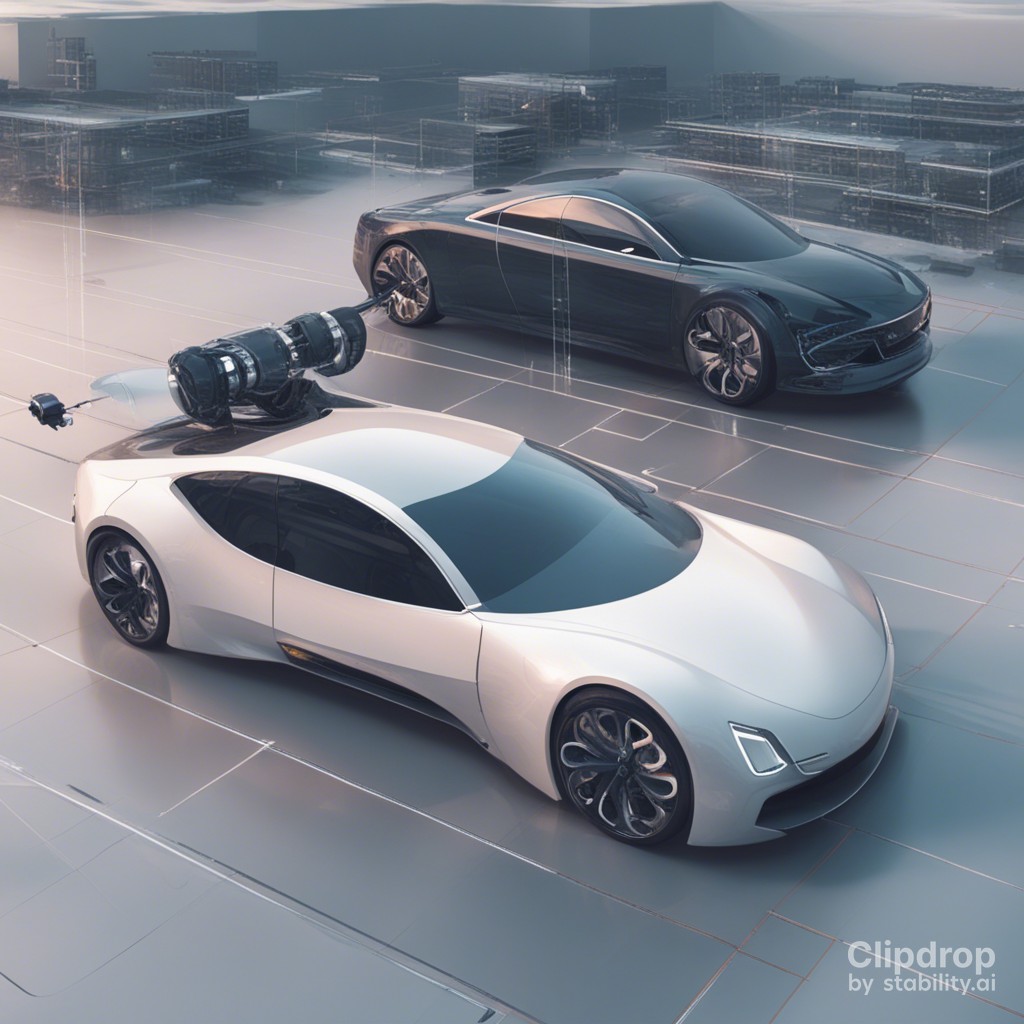How AI is Used to Improve Engine Performance in Automobiles

Artificial Intelligence (AI) is playing a significant role in improving engine performance in automobiles. It is being applied in various ways to enhance efficiency, reduce emissions, and provide a better driving experience. Here are some key ways in which AI is utilized in this context:
1. Engine Control and Optimization:
– Predictive Maintenance: AI systems can analyze engine data in real-time to predict when maintenance is needed. This proactive approach prevents breakdowns and optimizes engine performance.
– Optimized Fuel Injection: AI algorithms can adjust fuel injection timing and quantity to maximize fuel efficiency and power output based on driving conditions.
2. Transmission Control:
– Adaptive Gear Shifting: AI can analyze driver behavior, road conditions, and vehicle load to determine the optimal time to shift gears in automatic transmissions, improving fuel efficiency and acceleration.
3. Eco-Driving Assistance:
– AI-Powered Coaching: AI systems can provide real-time feedback to drivers, helping them adopt more fuel-efficient driving habits, such as smooth acceleration and braking.
4. Hybrid and Electric Vehicle Optimization:
– Battery Management: AI optimizes the use of batteries in hybrid and electric vehicles by managing the state of charge and discharge to maximize range and performance.
5. Engine Diagnostics:
– Fault Detection: AI can identify engine performance issues or malfunctions by analyzing sensor data. This early detection can prevent major engine damage and reduce maintenance costs.
6. Adaptive Cruise Control and Autonomous Driving:
– AI-Powered Cruise Control: Adaptive cruise control systems use AI to adjust vehicle speed based on traffic conditions, reducing fuel consumption and improving safety.
– Autonomous Vehicles: AI is a fundamental technology in self-driving cars, which can optimize engine performance by calculating the most efficient routes and driving strategies.
7. Air-Fuel Ratio Control:
– Real-time Adjustments: AI can continuously adjust the air-fuel mixture in combustion engines to maintain optimal combustion and reduce emissions.
8. Turbocharger Control:
– Boost Management: AI can control turbochargers to optimize boost pressure and airflow, improving engine efficiency and power delivery.
9. Noise Reduction:
– Active Noise Cancellation: AI can analyze engine noise and produce sound waves to cancel out unwanted noise, creating a quieter and more comfortable driving experience.
10. Predictive Analytics:
– Traffic and Weather Prediction: AI can predict traffic congestion and adverse weather conditions, allowing the engine management system to make adjustments for improved performance and efficiency.
11. Data Analytics and Machine Learning:
– Data Analysis: AI and machine learning are used to process vast amounts of vehicle data to identify patterns and make continuous improvements in engine performance and efficiency.
12. Personalized Performance Settings:
– Driver Profiles: AI can store and analyze driver preferences to customize engine performance settings, such as throttle response and suspension stiffness, for a personalized driving experience.
In summary, AI is revolutionizing engine performance in automobiles by providing real-time optimization, predictive maintenance, and the ability to adapt to varying driving conditions. These advancements lead to more fuel-efficient, environmentally friendly, and safer vehicles while enhancing the overall driving experience.
ETS offer reliable and quality used OEM parts, used engines, used transmissions and other used auto parts. Even the ones that are rare, and hard to find.